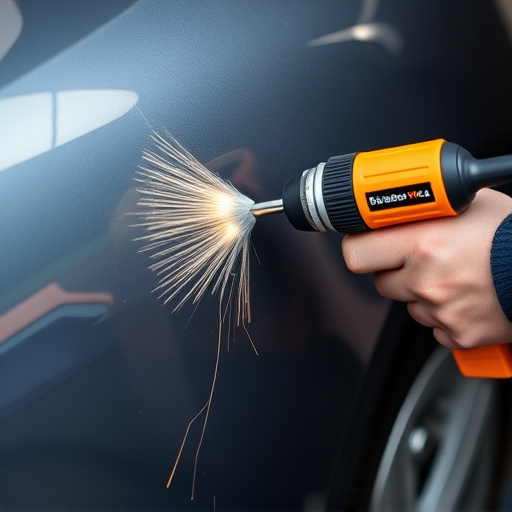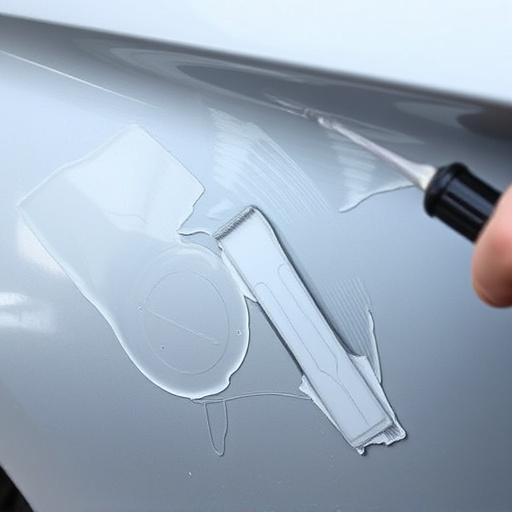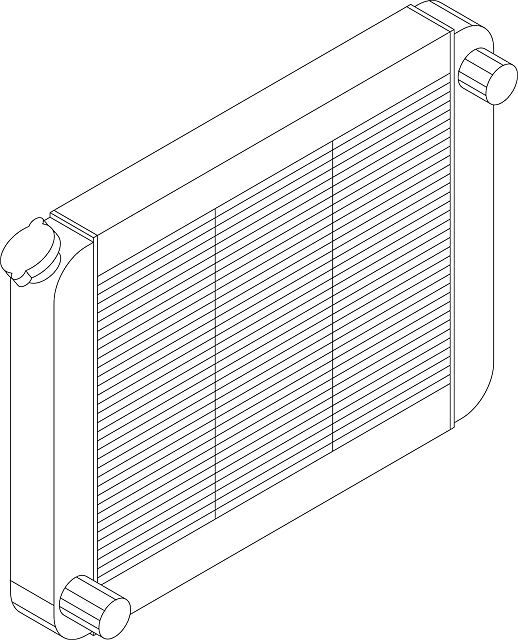Understanding auto body shop ratings is crucial for customers seeking reliable vehicle repair services. Customer reviews highlight common complaints like low-quality work, delays, and inflated pricing. To improve ratings, shops should focus on enhancing service quality by hiring well-trained technicians, improving communication, offering transparent estimates, swift turnaround times, and comfortable waiting areas.
Auto body shop ratings are a crucial indicator of quality and customer satisfaction. In today’s competitive market, understanding these ratings can provide valuable insights into areas of improvement. This article delves into the negative trends revealed by bad auto body shop reviews, exposing common complaints customers have about their experiences. By analyzing these issues, shops can implement strategies to enhance services, thereby improving ratings and fostering greater customer loyalty.
- Understanding Auto Body Shop Ratings: The Importance of Customer Feedback
- Uncovering Common Negatives: What Customers Are Truly Dissatisfied With
- Strategies for Improvement: Enhancing Services to Boost Ratings and Customer Satisfaction
Understanding Auto Body Shop Ratings: The Importance of Customer Feedback

Understanding auto body shop ratings is paramount for customers looking to make informed decisions when choosing a repair facility for their vehicles. These ratings serve as a powerful tool, offering insights into the quality of service and overall customer satisfaction. Customer feedback plays a crucial role in this process, acting as a mirror reflecting the experiences of those who have availed of the services.
Every review, whether positive or negative, contributes to building an authentic picture of a shop’s capabilities. By reading about others’ encounters with car body repair, dent repair, and auto bodywork services, potential clients can gauge the consistency and professionalism of the business. This information is invaluable, helping them avoid subpar work and ensuring they receive the best care for their vehicles.
Uncovering Common Negatives: What Customers Are Truly Dissatisfied With

When reviewing auto body shop ratings, a clear pattern emerges regarding common complaints that lead to dissatisfaction among customers. Many negative reviews highlight issues with the quality of repair work, pointing out unsightly paint jobs and misaligned panels as primary concerns. Customers often express frustration over these visible imperfections, which suggest a lack of craftsmanship and attention to detail.
Moreover, delays in service are another significant factor contributing to poor auto body shop ratings. Impatience arises from prolonged wait times, especially when initial estimates were not met. This issue is exacerbated by inadequate communication regarding the status of vehicle repairs, leaving customers feeling forgotten or ignored during what should be a stress-free experience. Additionally, some reviews mention inflated pricing for seemingly routine auto repair services and vehicle body repair, leading to a sense of unfairness among consumers.
Strategies for Improvement: Enhancing Services to Boost Ratings and Customer Satisfaction

To enhance auto body shop ratings and customer satisfaction, businesses should focus on implementing strategic improvements across their services. One key area is ensuring high-quality car collision repair that meets industry standards and exceeds client expectations. This involves employing skilled technicians who are up-to-date with the latest training in dent removal and other common auto body repairs.
Additionally, establishing clear communication channels with customers throughout the repair process can significantly improve ratings. Providing transparent estimates, regular updates, and addressing any concerns promptly fosters trust and satisfaction. Offering convenient appointment booking, quick turnaround times, and ensuring a clean, comfortable waiting area are further strategies to boost customer experiences and drive positive auto body shop ratings.
Auto body shop ratings are a powerful tool for businesses to gauge customer satisfaction, but they also highlight areas of improvement. By understanding common negatives and implementing strategies to enhance services, shops can significantly boost their ratings and foster greater trust with their clientele. This, in turn, leads to increased loyalty and growth, solidifying their position in the competitive automotive industry.













